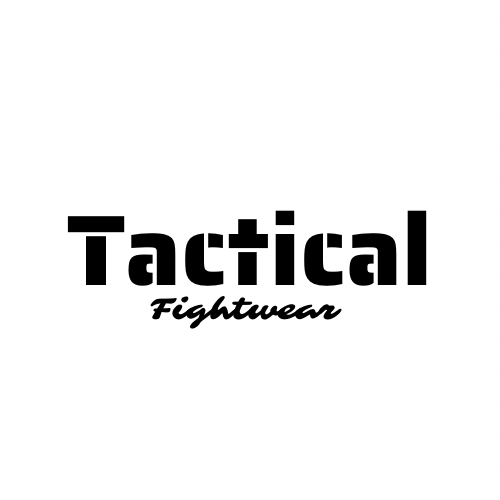
What do BJJ fighters wear under their gi?
Share
What's actually under that gi?
If you attend a Brazilian Jiu-Jitsu (BJJ) training session, you'll see several choices under the gi. The best combination is a rash guard and compression shorts —and for sensitive knees, a knee brace or knee sleeve . This isn't fashion, but pure functionality: better comfort, more protection, and a cleaner workout.
Rashguards: Every BJJ fighter's second skin
A rash guard is a tight, breathable and quick-drying shirt that fits like a second skin under your gi.
- Protection against abrasions: prevents friction due to the rough GI fabric.
- Hygiene: forms a barrier between skin and mat, which helps against bacteria and skin fungus.
- Thermoregulation: wicks away heat and sweat, helping you stay cool during intense rolls.
- Odor control: Modern fabrics and finishes inhibit bacterial growth.
In short: a rash guard is not a luxury, but basic equipment.
Why compression garments are better than cotton
A loose cotton T-shirt absorbs sweat, becomes heavy, and chafes. Compression clothing, on the other hand:
- stays in place during scrambles and takedowns;
- wicks away sweat quickly and dries quickly;
- keeps muscles warm and limits microtraumas;
- feels more professional and fits tighter under your gi.
The role of knee braces in BJJ
BJJ demands a lot from your knees: twisting, rolling, and sudden weight transfers. A knee brace or compression sleeve can therefore be a smart move.
- Stability: Helps prevent overextension and twisting during leg locks or guard passes.
- Pressure relief: supports existing irritation or recovery.
- Protection: prevents abrasions from mat contact.
- Competition-friendly: choose a model without hard parts (IBJJF-proof).
Tactical Fightwear rashguards: technology for fighters
Tactical Fightwear designs rash guards specifically for grappling and MMA. What sets them apart:
- Breathable microfiber: high-flow knit that quickly wicks away sweat.
- Four-way stretch: full mobility during frames, hip escapes and inversions.
- Flatlock seams: flat seams that do not chafe or stretch open.
- Targeted compression: supports muscles and reduces fatigue.
- Antibacterial finish: helps reduce odors and bacterial growth.
Hygiene on the mat: more than etiquette
BJJ is all about respect—and that starts with clean gear. A rash guard keeps sweat off your partner and limits skin contact with the mat. Pair it with compression shorts and, if desired, a knee brace for a cleaner, safer workout.
Quick hygiene checklist:
- Wash rash guard and shorts immediately after each training (30°C, air dry).
- Always bring a clean set—no “second rounds” of the same gear.
- Check skin for irritation; allow wounds to heal by covering them.
Technical explanation: how does compression work?
Compression fabric applies light, even pressure to muscles and blood vessels. This supports blood flow, helps remove metabolites, and can thus reduce muscle fatigue . In dynamic sports like BJJ, you'll notice this most in longer rolls and faster recovery between rounds.
Summary: The ideal outfit under your BJJ gi
| Element | Function | Why Essential |
|---|---|---|
| Rashguard | Protection & hygiene | Prevents chafing, regulates temperature, antibacterial |
| Compression shorts | Comfort & support | Prevents skin irritation, fits snugly under the gi |
| Knee brace / sleeve | Stability & prevention | Reduces pressure, aids in rotational movements and takedowns |
| Tactical Fightwear gear | Technical quality | Breathable, durable, specifically for grappling |
Conclusion
What do BJJ fighters wear under their gi? A rash guard and compression shorts are the foundation, and for sensitive knees, a knee brace . This way, you'll train cleaner, more comfortably, and more safely. Tactical Fightwear offers the right mix of protection, performance, and durability—designed by fighters, for fighters.
